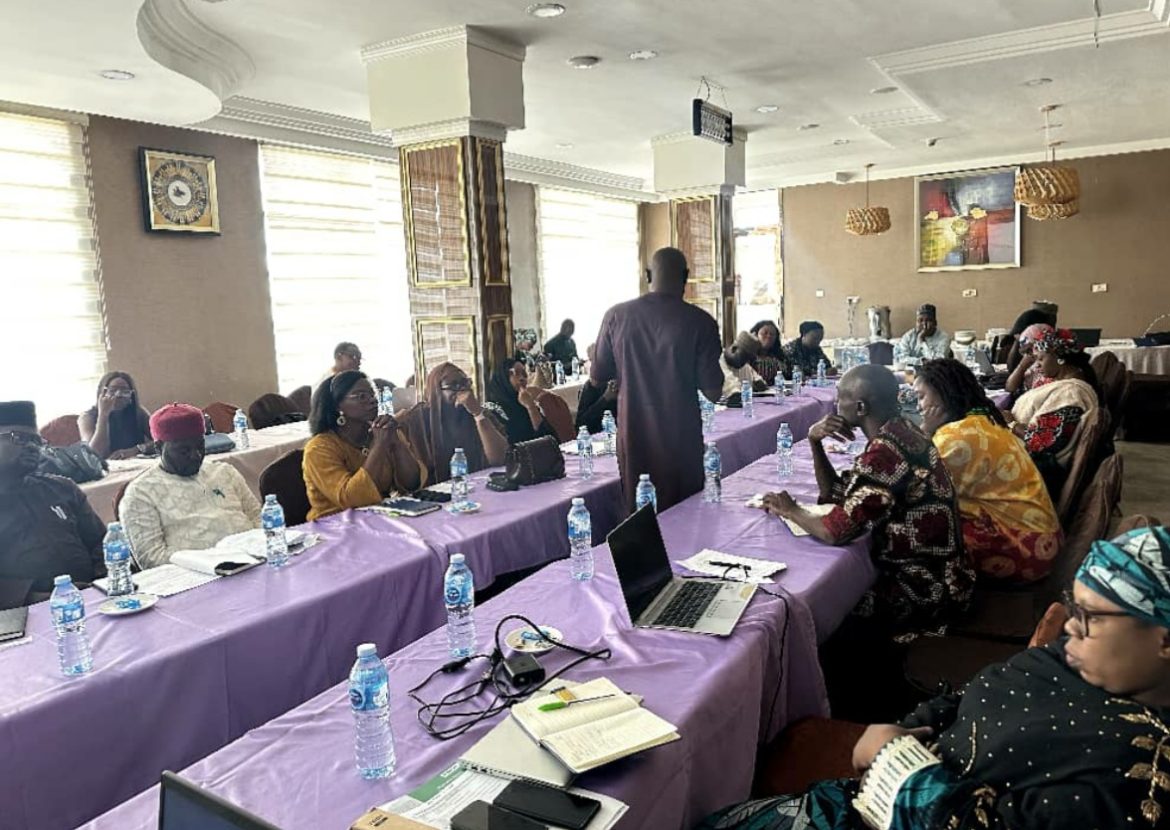By Franca Ofili
Pathfinder International Nigeria says it will deepen journalists’ and influencers’ understanding of Family Planning (FP) and Maternal, Newborn, and Child Health (MNCH) priorities across Nigeria’s health systems and policies.
Mr Bayo Ewuola, Senior Media and Communications Officer at Pathfinder, said this in Abuja on Thursday during a capacity-strengthening workshop for journalists and social media influencers from across the country.
He said the workshop was part of the Smart Advocacy for Strategic Action (SASA) project, implemented in collaboration with Partners in Population and Development Africa Regional Office (PPDARO) and Jhpiego Kenya.
According to Ewuola, the initiative aimed to empower media professionals to drive impactful narratives that informed the public, engaged communities, and held decision-makers accountable on key health commitments.
“The SASA project seeks to advance FP and MNCH outcomes through citizen-led advocacy focused on financing, budgeting, accountability, and improved collaboration across national and sub-national levels,” he explained.
He emphasised the media’s pivotal role in shaping public discourse, amplifying advocacy messages, and influencing policymakers to prioritise resources for women’s and children’s health and rights in Nigeria.
The workshop, he said, sought to deepen participants’ knowledge of FP and MNCH priorities, challenges, and policy opportunities, particularly as they related to implementation gaps across states.
“It also aims to strengthen the media’s capacity to develop impactful, ethical, and well-framed stories that raise awareness and drive accountability in FP and MNCH service delivery.
“Another goal is to enhance accountability journalism by equipping journalists with tools to track health budgets, monitor policy implementation, and spotlight service delivery challenges,” he added.
Ewuola said participants would leave the workshop familiar with core FP and MNCH terms, equipped to report issues specific to their states more effectively and strategically.
“They’ll be better at framing messages, writing powerful headlines, and committing to balanced, ethical, and solutions-focused reporting,” he said, highlighting stronger media engagement in budget tracking.
Also speaking, Mr Chibuike Alagboso, Senior Programme Manager at Nigeria Health Watch, said solutions journalism relied on four pillars: response, outcome, evidence, and insight to guide impactful storytelling.
Alagboso explained that those pillars helped journalists rigorously report on responses to social problems by focusing on who was doing what, how it was working, and what lessons were being learned.
Pathfinder trains journalists on family, child health

